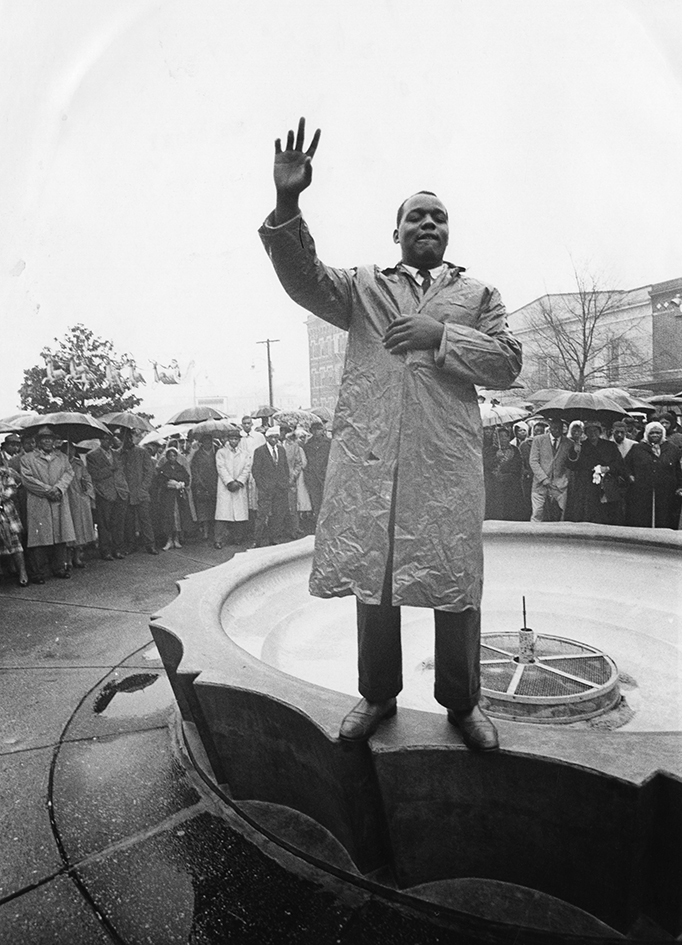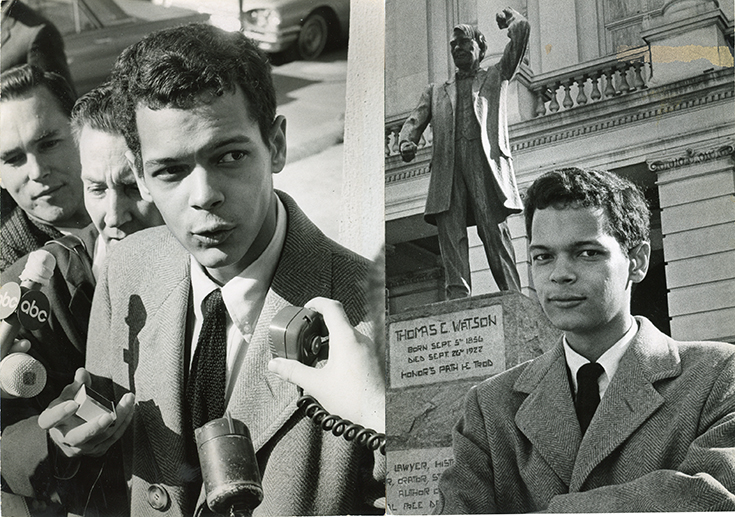Early life
Lonnie King, Jr., grew up in Atlanta with his mother from the age of eight. He attended neighborhood public schools, went to the same church as Martin Luther King, Jr., (no relation), and spent time after school at the YMCA. He won his first community election in seventh grade, and the confluence of education, politics, and community would be the focus of the rest of his life.
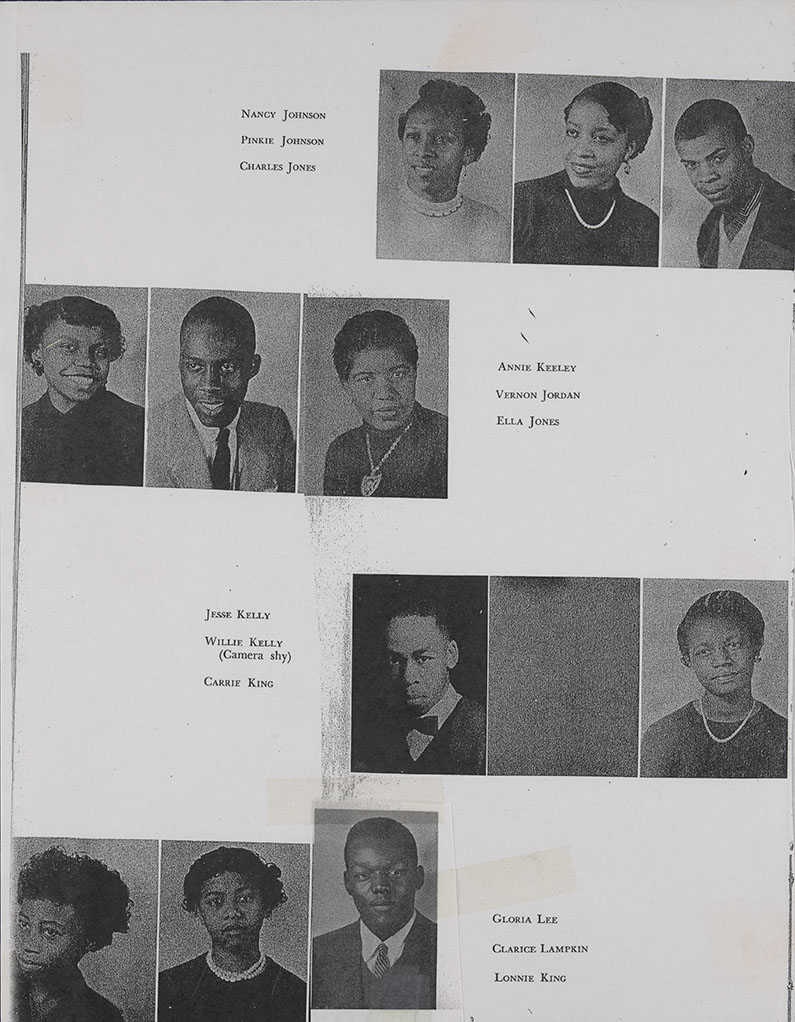
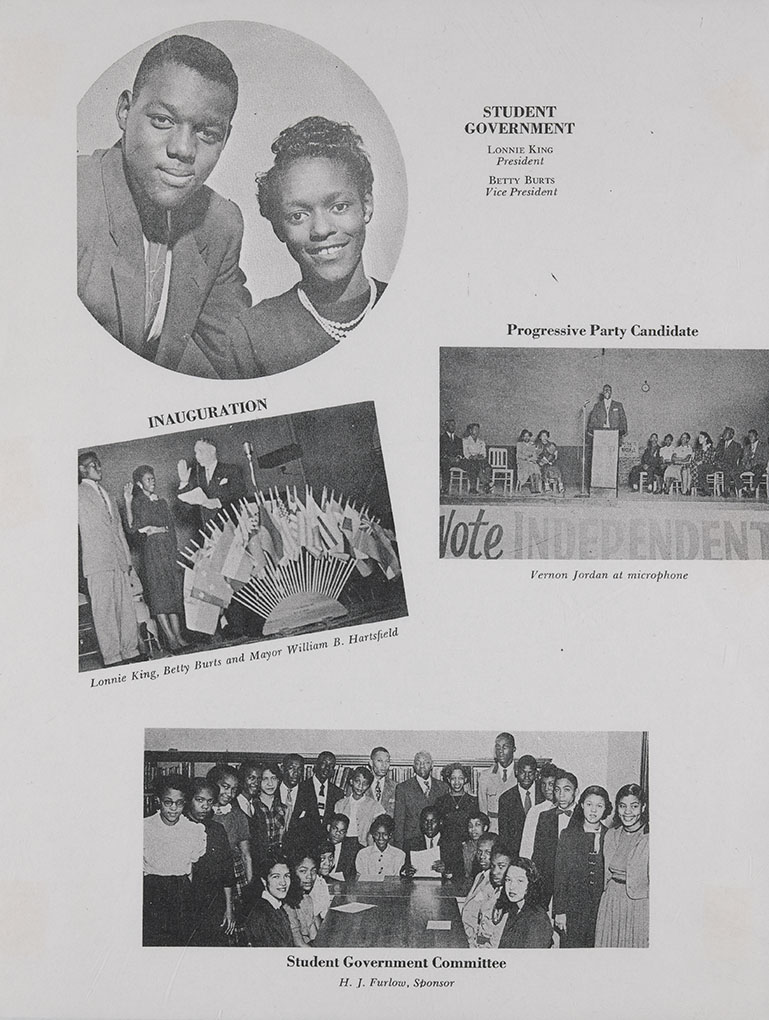
In 1953, King was accepted to Morehouse, an all-male college for African Americans that was part of the Atlanta University Center, a group of then-six Historically Black Colleges and Universities (or HBCUs) within the City of Atlanta. When he lost his part-time job, he could no longer afford tuition, so at the end of his first year, King dropped out and joined the Navy.
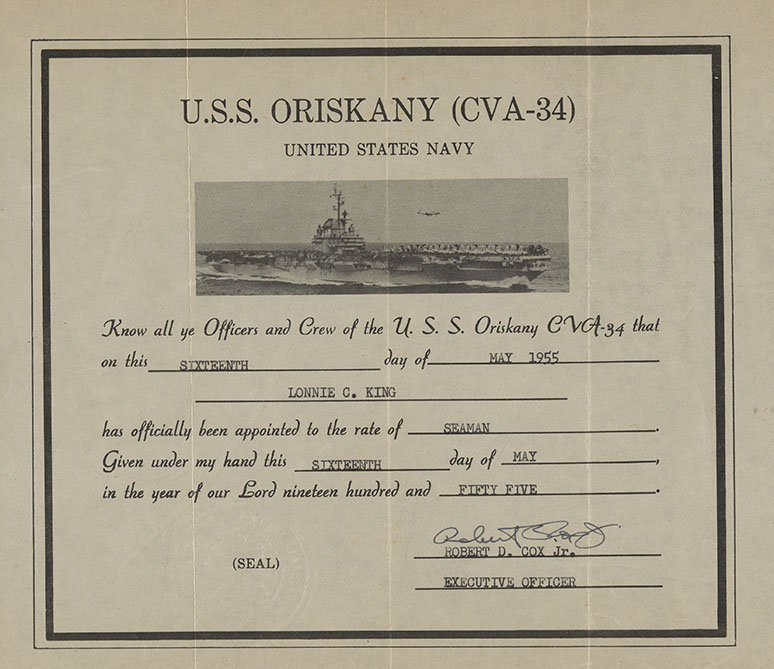
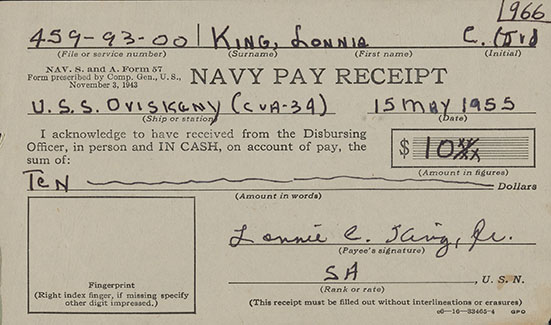
At the end of his three-year tour, he could re-enroll on the GI Bill, which paid his tuition, and King, now slightly older than most other students, continued his education, playing football for Morehouse and pursuing a degree in economics. His schooling would, however, soon get interrupted again, in February, 1960—this time, by a group of young men at a restaurant counter in Greensboro, North Carolina. The four freshmen from North Carolina Agricultural and Technical College—Joseph McNeil, Franklin McCain, David Richmond, and Ezell Blair, Jr.—ordered lunch at the lunch counter inside the Woolworth’s but were refused service: no Black customers were allowed at the white-only counter, and the story of this local controversy soon went nationwide. King was struck by the directness of this protest—not to mention the relatively young age of the participants—and brought the story up with fellow Morehouse students Julian Bond and Joseph Pierce.
